Why Are Bug Hotels Important? Let’s see some Facts About Bug Hotels.
To help control insects in the garden, you need to find some insects that eat them and build insect hotels for them.
It’s becoming increasingly important to protect native insects in our gardens.
We are facing a huge insect problem in our country. Insects find our homes and food sources, which
More and more people are installing insect hotels in their gardens to help the beneficial insects that pollinate their plants
Bug hotels are a great idea. They can really help if they’re set up correctly.
Definition of a “Bug Hotel”
A “bug hotel” is a man-made structure designed to provide shelter and nesting sites for beneficial-insects such as pollinators and beneficial predators.
It can be made from a variety of materials such as bamboo, wood, straw, and leaves. Bug hotels can vary in size and complexity, from simple stacked logs or hollowed-out bamboo to more elaborate designs with multiple chambers and compartments. The structure can be either freestanding or attached to a wall or fence.
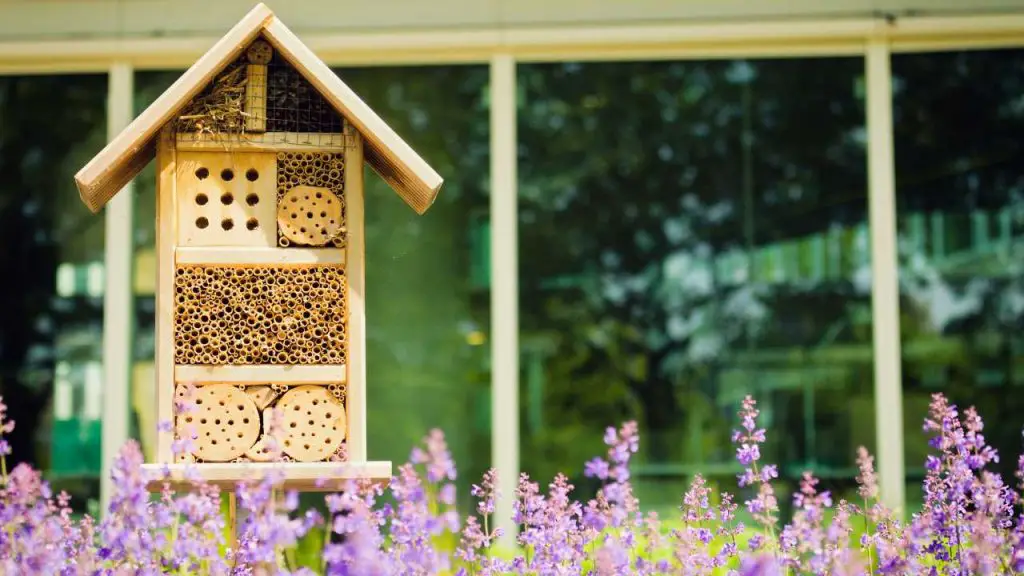
Bug hotels can be used in gardens, parks, and other outdoor spaces to provide a safe and attractive habitat for beneficial insects and help to increase local insect populations.
Facts About Bug Hotels: Importance of insects in the ecosystem
- Insects play a vital role in the ecosystem as pollinators of plants, which are necessary for the production of food and other resources for both wildlife and humans.
- Many insects are also important predators that help control populations of pest insects, which can reduce the need for chemical pesticides.
- Insects are a food source for other animals, such as birds, amphibians, and reptiles, which helps to support the food web.
- They also play a role in nutrient cycling and soil formation.
- Insects are important indicator species and are used to monitor the health of an ecosystem.
- They are also important for scientific research and medical fields.
- Finally, insects are important for cultural and aesthetic reasons, playing a role in human culture and art throughout history.
Facts About Bug Hotels: Purpose of a Bug Hotel
- A bug hotel provides shelter and nesting sites for beneficial-insects such as pollinators, predators and decomposers.
- It helps to increase local insect populations, particularly of those species that are important for pollination or pest control.
- It can support biodiversity in a garden or other outdoor space by providing a safe and attractive habitat for a wide range of beneficial insects.
- A bug hotel can also serve as an educational tool to raise awareness about the importance of insects in the ecosystem and the role that individuals can play in supporting them.
- It can be a great addition to your gardening hobby, it can also make your garden more beautiful and interesting.
- A bug hotel can also help to reduce the need for chemical pesticides by providing a natural way to control pest populations.
- It can also provide habitat for insects that are declining in population, it is a way to conserve the insects.
- A bug hotel can be a low-cost and low-maintenance way to support beneficial insects and improve the overall health of a garden or outdoor space.
Why build a bug hotel?
A bug hotel benefits many different types of minibeasts, like ladybirds, bees, spiders, and woodlice. Bugs may use your bug hotel as a safe place to shelter, lay their eggs, raise their young, and seek refuge from predators.
Many animals start looking for safe, cozy places to sleep in autumn-in preparation to hibernate.
At this time of year, it’s going to be easier to gather up a variety of natural products to help you with your eco-friendly project.
What insects will you shelter, and what are their benefits?
| Wildlife | Where they’ll probably go | When they’ll visit | Why they’ll use it | Garden Benefits |
| Solitary Bees | Bamboo Tubes | Spring / Summer | Laying eggs | Pollinating flowers |
| Ladybirds | Wood shavings | Winter | Hibernate | Eat aphids (garden pests) |
| Lacewings | Columns and tubes | Winter | Hide & Hibernate | Eat aphids & greenflies (garden pests) |
| Other Invertebrates | Acorns and other crevices | All year round | Shelter and Hibernate | Wildlife conservation |
Facts About Bug Hotels: Provides shelter and nesting sites for beneficial-insects
A bug hotel provides shelter and nesting sites for a wide range of beneficial insects such as pollinators, predators and decomposers.
Pollinators, such as bees, butterflies, and beetles, need a safe place to rest and nest. A bug hotel can provide them with the materials they need to build their nests, such as hollow stems or drilled wood blocks.
Similarly, beneficial predators, such as ladybugs, lacewings and parasitic wasps, need shelter to overwinter and to lay their eggs.
A bug hotel can provide them with the materials they need to build their nests, such as bundles of twigs, leaves, or straws.
Decomposers, such as beetles and rove beetles, also need shelter, they feed on dead organic matter, a bug hotel can provide them with a source of food and shelter.
By providing these insects with the necessary materials and shelter, a bug hotel can help to increase local insect populations and support biodiversity in a garden or outdoor space.
Facts About Bug Hotels: Helps to increase local insect populations
A bug hotel can play a key role in helping to increase local insect populations. Many beneficial insects such as pollinators, predators and decomposers, have specific habitat requirements for nesting, mating and overwintering.
By providing these insects with the necessary materials and shelter, a bug hotel can help to meet these requirements and create an environment that is conducive to their survival and reproduction.
For example, a bug hotel can provide bees and other pollinators with a variety of nest sites and nesting materials, such as hollow stems or drilled wood blocks, which can help to increase the population of these insects in the local area.
Similarly, by providing ladybugs, lacewings and parasitic wasps with shelter to overwinter and to lay their eggs, a bug hotel can help to increase the population of these beneficial predators.
This can help to control pest populations naturally, reducing the need for chemical pesticides.
Overall, by creating an environment that is conducive to the survival and reproduction of beneficial insects, a bug hotel can help to increase local insect populations, supporting biodiversity in a garden or outdoor space.
Can support biodiversity in a garden or other outdoor space
A bug hotel can support biodiversity in a garden or other outdoor space by providing a safe and attractive habitat for a wide range of beneficial insects.
Insects are a diverse group of animals, with many different species that have specific habitat requirements.
By providing a variety of materials and structures, a bug hotel can support a wide range of insects with different nesting and shelter needs.
This can help to create a diverse and balanced ecosystem in the garden or outdoor space.
Additionally, by providing shelter and nesting sites for beneficial-insects, a bug hotel can help to increase the population of these insects in the local area.
This can lead to a greater diversity of insects in the garden, which can support a more diverse array of plant species and other animals that depend on insects as a food source.
Moreover, by providing habitat for insects that are declining in population, a bug hotel can help to conserve these insects.
This is especially important for pollinators and beneficial predators, which play vital roles in the ecosystem and are important for the production of food and other resources for both wildlife and humans.
In summary, a bug hotel can support biodiversity in a garden or outdoor space by providing a safe and attractive habitat for a wide range of beneficial insects, increasing local insect populations, and conserving insects that are in decline.
This can help to create a diverse and balanced ecosystem that supports both plant and animal life.
Types of Insects that Benefit from a Bug Hotel
- Pollinators such as bees and butterflies can benefit from a bug hotel. They can use the nesting materials and shelter provided by a bug hotel to build their nests and lay their eggs. This can help to increase the population of these insects in the local area, which is important for pollinating plants and producing food.
- Beneficial predators such as ladybugs and lacewings can benefit from a bug hotel. They can use the shelter provided by a bug hotel to overwinter and lay their eggs. This can help to increase the population of these insects in the local area, which is important for controlling pest populations.
- Solitary bees and wasps, such as mason bees, leafcutter bees and potter wasps, can benefit from a bug hotel. They can use the nesting materials and shelter provided by a bug hotel to build their nests and lay their eggs. This can help to increase the population of these insects in the local area, which is important for pollinating plants and controlling pest populations.
- Beetles, such as rove beetles and ground beetles, can benefit from a bug hotel. They can use the shelter provided by a bug hotel to overwinter and lay their eggs. This can help to increase the population of these insects in the local area, which is important for controlling pest populations and breaking down dead organic matter.
- Decomposers, such as beetles and rove beetles can also benefit from a bug hotel. They can use the shelter provided by a bug hotel and the nearby dead organic matter to feed and reproduce. This can help to increase the population of these insects in the local area, which is important for breaking down dead organic matter and returning it to the soil.
Pollinators such as bees and butterflies
Pollinators such as bees and butterflies are important insects that play a vital role in the ecosystem by helping to pollinate plants, which are necessary for the production of food and other resources for both wildlife and humans.
A bug hotel can provide pollinators with the materials and shelter they need to build their nests and lay their eggs.
This can help to increase the population of these insects in the local area, which is important for pollinating plants and producing food.
Bees, for example, are important pollinators that can benefit from a bug hotel. They can use the nesting materials and shelter provided by a bug hotel to build their nests and lay their eggs.
A bug hotel can provide bees with a variety of nesting sites and materials such as hollow stems, drilled wood blocks, or bundles of twigs.
These materials can help to attract different species of bees, which can increase the diversity of bees in the local area.
This can help to ensure that plants are adequately pollinated and that food production is maintained.
Butterflies, another example, can also benefit from a bug hotel. They can use the shelter and nesting sites provided by a bug hotel to lay their eggs, and the nearby plants as food source for their caterpillars.
This can help to increase the population of butterflies in the local area, which is important for pollinating plants and adding beauty to the garden.
Overall, pollinators such as bees and butterflies can benefit from a bug hotel by providing them with the materials and shelter they need to build their nests and lay their eggs.
This can help to increase the population of these insects in the local area, which is important for pollinating plants and producing food.
Beneficial predators such as ladybugs and lacewings
Beneficial predators such as ladybugs and lacewings are important insects that play a vital role in controlling pest populations, which can help to reduce the need for chemical pesticides.
A bug hotel can provide these insects with the shelter they need to overwinter and lay their eggs.
This can help to increase the population of these insects in the local area, which is important for controlling pest populations.
Ladybugs, for example, are beneficial predators that can benefit from a bug hotel. They can use the shelter provided by a bug hotel to overwinter and lay their eggs.
A bug hotel can provide ladybugs with a variety of materials such as bundles of twigs, leaves or straw which can provide them with a place to hide and protect themselves from the cold weather.
This can help to ensure that ladybug populations are maintained and that pest populations are controlled naturally.
Lacewings, another example, are also beneficial predators that can benefit from a bug hotel. They can use the shelter provided by a bug hotel to overwinter and lay their eggs.
A bug hotel can provide lacewings with a variety of materials such as bundles of twigs, leaves or straw which can provide them with a place to hide and protect themselves from the cold weather.
Lacewings are known for their ability to control pest populations, and by providing them with a safe and attractive habitat, a bug hotel can help to increase the population of lacewings in the local area which can help to control pest populations naturally.
Overall, beneficial predators such as ladybugs and lacewings can benefit from a bug hotel by providing them with the shelter they need to overwinter and lay their eggs.
This can help to increase the population of these insects in the local area, which is important for controlling pest populations naturally.
Building a Bug Hotel
Building a bug hotel is a simple and fun project that can be done with a variety of materials. The materials and design of a bug hotel will vary depending on the types of insects that you want to attract, but some common materials include bamboo, wood, straw, and leaves.
When building a bug hotel, here are some things to keep in mind:
- Materials:
- Use natural materials like bamboo, wood, straw, and leaves as they are more attractive to insects.
- Avoid using treated wood or plastics, as they can be toxic to insects.
- Design:
- Consider the size and shape of the bug hotel based on the insects you want to attract.
- Create a variety of compartments and chambers to accommodate different types of insects.
- Provide a variety of nesting materials such as hollow stems, drilled wood blocks, or bundles of twigs.
- Placement:
- Place the bug hotel in a sunny, sheltered spot that is protected from strong winds.
- Keep it away from direct sunlight and heavy rain, as it can harm insects.
- Keep it close to flowering plants, as it will provide food for the insects.
- Maintenance:
- Check the bug hotel regularly to ensure that it is clean and in good condition.
- Remove any debris or dead insects to prevent the buildup of mold or parasites.
- Refresh the nesting materials as needed.
Overall, building a bug hotel is a simple and fun project that can be done with a variety of materials, with careful consideration of the design and placement to attract beneficial insects and provide them with shelter and nesting sites.
It is a low-cost and low-maintenance way to support beneficial insects and improve the overall health of a garden or outdoor space.
FAQs Of Facts About Bug Hotels: Why Are Bug Hotels Important!
1. What is a Bug Hotel?
- It’s a man-made structure offering shelter and nesting space for insects. They can range from simple designs using natural materials to complex structures with multiple sections.
2. Why are Bug Hotels Important?
- They provide essential habitats for beneficial insects, especially pollinators and natural pest controllers, helping to maintain a balanced ecosystem.
3. What Insects Use Bug Hotels?
- Solitary bees, ladybugs, lacewings, beetles, and many other insects may use them for shelter or breeding.
4. How Do Bug Hotels Help Gardens?
- They attract beneficial insects that pollinate plants and control pests, enhancing garden health and productivity.
5. Are They Beneficial in Urban Areas?
- Absolutely. In cities, where natural habitats are scarce, bug hotels can be vital refuges for insects.
6. Can Building Bug Hotels Help with Biodiversity?
- Yes, they can increase local biodiversity by providing habitats for a variety of insect species.
7. Do Bug Hotels Require Maintenance?
- Minimal maintenance is needed. It’s good to check periodically for dampness or mold and refresh the materials as needed.
8. What Materials Are Best for Constructing Bug Hotels?
- Natural materials like bamboo, straw, pine cones, and wood are ideal as they mimic natural habitats.
9. Can Children Participate in Building Bug Hotels?
- Definitely. It’s an educational and fun activity for children, teaching them about nature and the environment.
10. Are There Any Risks Associated with Bug Hotels?
- Generally, they are safe. However, they should be placed carefully to avoid attracting insects to living spaces and monitored for any potential issues.
11. How Do Bug Hotels Impact Local Ecosystems?
- By supporting insect populations, they play a role in local food chains and plant pollination, contributing to the overall health of local ecosystems.
12. Can I Monitor the Insects in My Bug Hotel?
- Yes, observing who visits or resides in your bug hotel can be a fascinating and educational experience.
Conclusion
In conclusion, a bug hotel is a man-made structure designed to provide shelter and nesting sites for beneficial-insects such as pollinators, predators and decomposers.
It can be a great addition to any garden or outdoor space, supporting biodiversity and helping to maintain a healthy ecosystem.
The purpose of a bug hotel is to provide shelter and nesting sites for beneficial-insects, I hope you got Facts About Bug Hotels and Why Are Bug Hotels Important?

“My name is Leo Jacob, and I hold a Bachelor of Science degree with Honors in Applied Environmental Science and Sustainability from the University of the West of Scotland. Since childhood, I’ve been passionate about living an eco-friendly life. After completing my studies, I dedicated myself to finding simple ways to lead a more environmentally conscious lifestyle. I launched ecolifely.com to share my educational background and practical experiences with everyone, hoping to inspire others to join me in creating a greener, more sustainable world.”

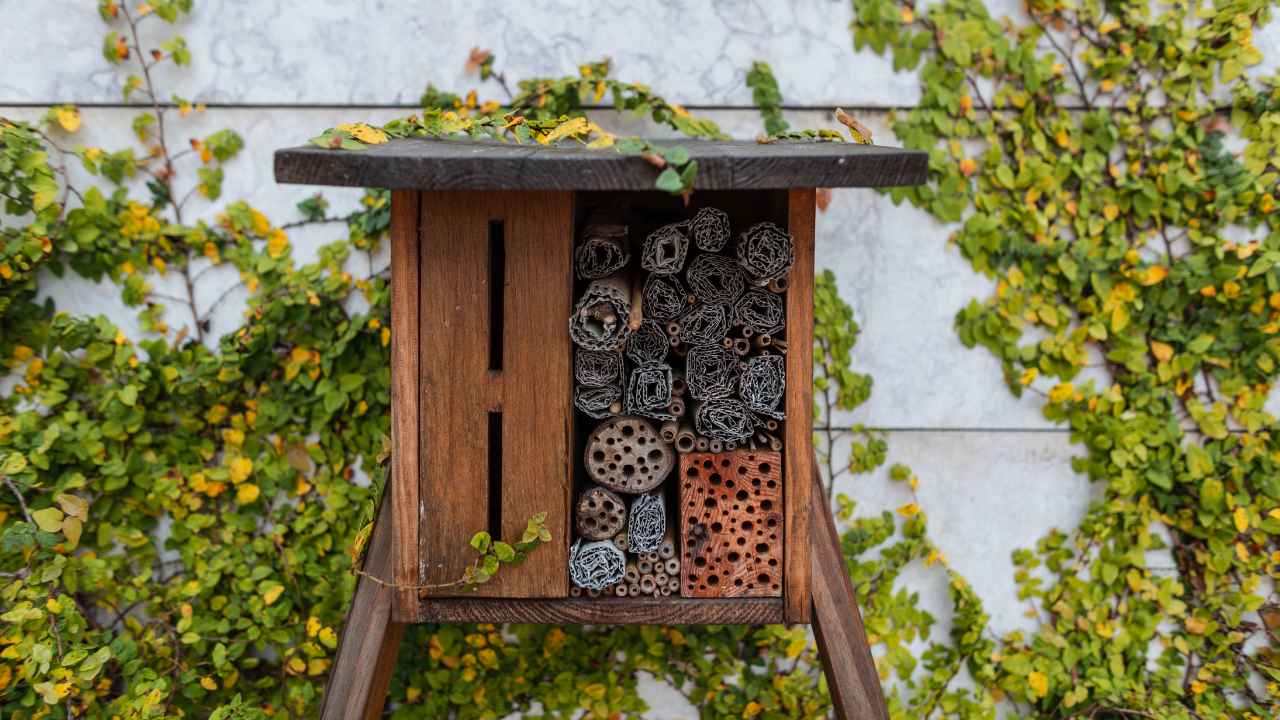

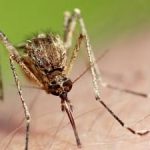
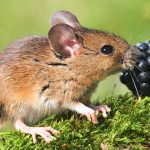




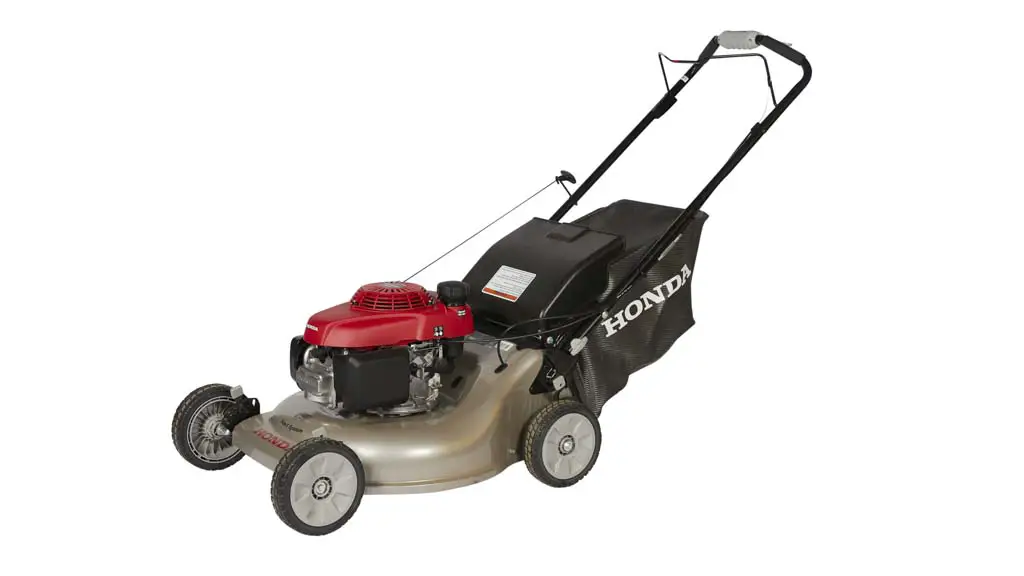


One response to “Facts About Bug Hotels: Why Are Bug Hotels Important?”
[…] not all bug hotels are created equal – some offer more amenities than others. Finally, it’s important to read reviews of bug hotels before making a reservation, so you know what to expect. With these tips in mind, finding the […]